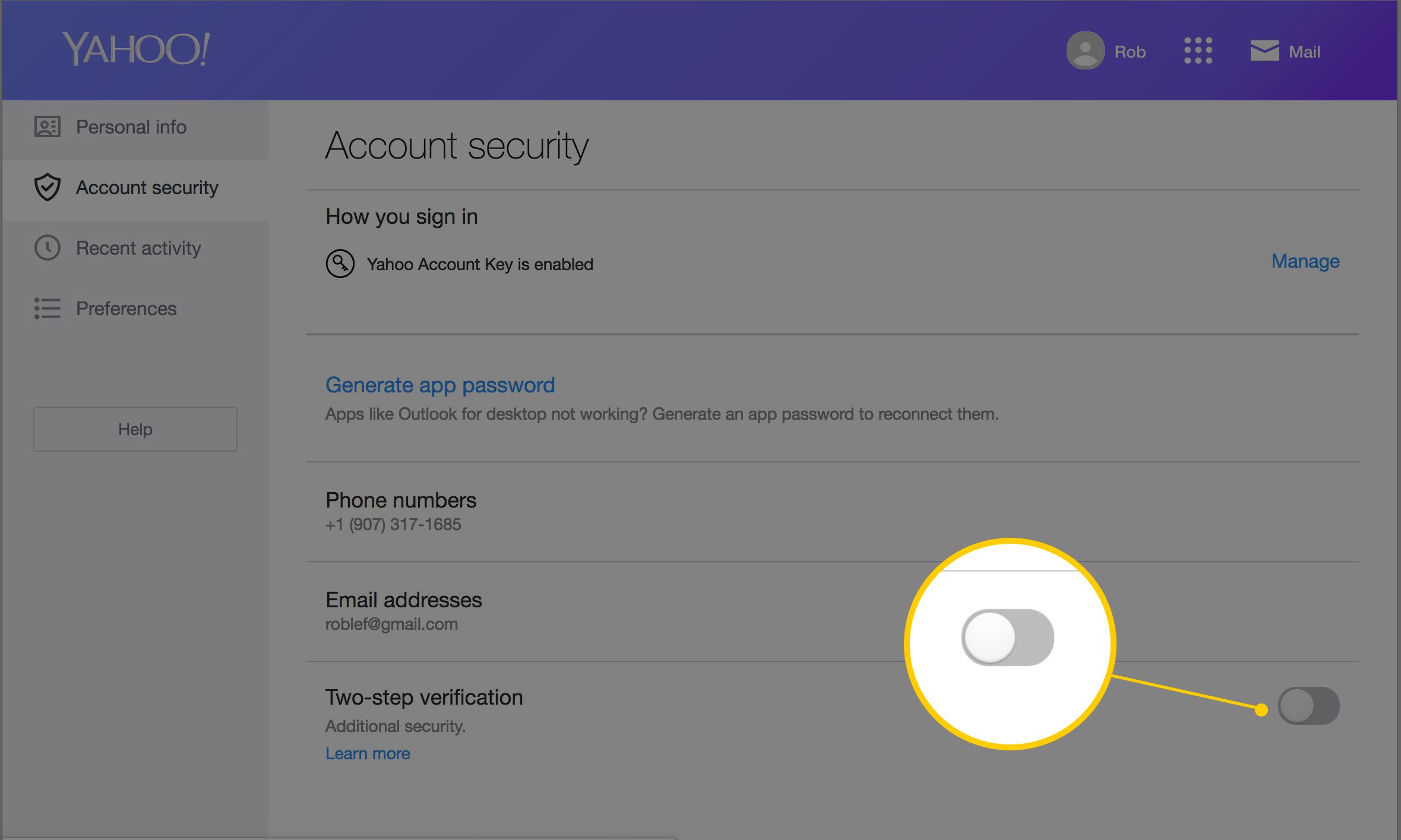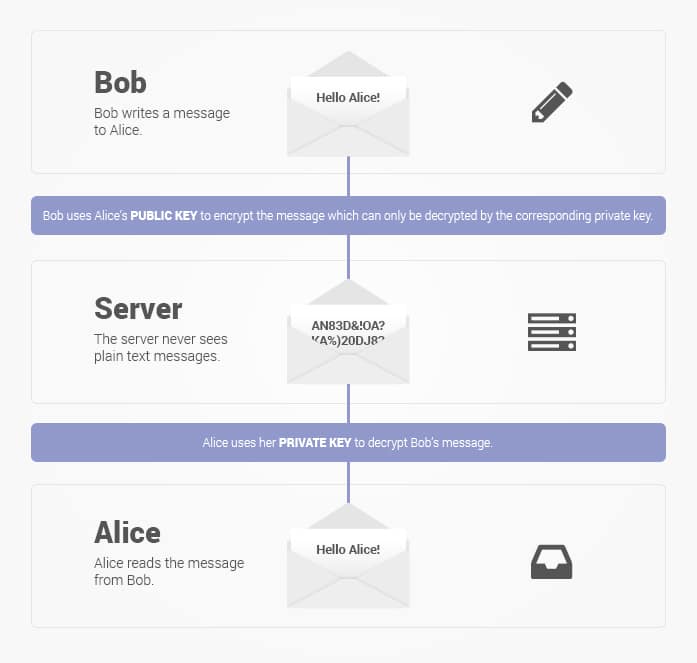Getting an email address is simple; however, settling on a secure email provider that fits your business’s needs is a bit more complicated.
Which email providers are secure?
When deciding what email provider to use, there are a few things to consider:
- Spam filter
- Inbox organization
- Client access
- Domain names
Before we start talking about security measures and why they are essential, let’s touch on the basics.
What is an email provider?
An email provider is a company that provides not only access to an email client, but also provides all the technical know-how and efforts behind the sending and receiving of a user’s emails.
Email clients
Email clients are those that allow you access to an email address. While some email clients are also email providers, this isn’t always the case.
Popular email clients include:
- Gmail
- Apple Mail
- Yahoo! Mail
Email service providers
An email service provider (ESP) is a service that enables marketing teams to send out email marketing campaigns to a list of users. This is much more than merely allowing a user to send and receive emails.
For example, here at Campaign Monitor, our services include the ability to create/build email subscriber lists, customize email templates, send emails, and provide a variety of reports and analytics to users based on how well campaigns are doing.
Secure email providers in 2019
To help determine which are the most secure email providers, we looked at a variety of names, including those with free services and those that require an additional payment.
During our research, we came across five names that topped the charts for most secure email providers of 2019.
Gmail
Gmail is a favorite email provider amongst consumers and businesses alike. It not only provides free services to everyone, but also comes with a paid plan for their GSuite Basics and GSuite Business services.
Security features include:
- Confidential mode
- Expiration dates on messages
- Two-factor authentications
- Algorithms to detect/alert against phishing scams
Yahoo Mail
Yahoo Mail is another favorite for both consumers and businesses. They offer free services, and also offer a Yahoo Business service at a low cost per month. They offer 1TB of inbox storage and disposable email addresses, while their business services allow users to create custom domain email names.
Security features include:
- Two-step verification
- On-demand passwords
- Advanced spam filter

Source: Lifewire
ProtonMail
ProtonMail is a free, open-sourced, encrypted email provider that is based in Switzerland. It is accessible from desktop computers and also via Android and iOS mobile app.
While it doesn’t offer the larger storage space that other free email providers do, it does provide tight privacy features and end-to-end encryption for messages.
Security features include:
- Two-factor authentication
- Open source cryptography
- Zero access to user data
- End-to-end encryption
3 essential email provider security measures
In terms of security, there are a vast number of measures that could and should be taken by the user as well as offered by the email provider.
1. Password protection
Having strong passwords is key to protecting your emails and information in your email account, like contacts. A strong password should include a combination of letters, numbers, and symbols that aren’t easy to guess.
Email providers that provide additional password protections may include features like on-demand passwords or key identifications that require a user to use specific features to verify their logins.
2. Email encryption
This process encrypts emails messages to protect the information from being read by anyone other than the intended recipient.

Source: ProtonMail
3. Two-factor authentication
Two-factor authentication (2FA) requires not only a log-in with usernames and passwords, but also to have a device on hand to enter another code that is generated by the email provider to a specific device. For example, a text from a cell phone.
Does having a secure email provider really matter?
Having access to a secure email provider is vital in today’s age of technology.
As helpful as the internet is, everyone is a target. Just look at some of these cybersecurity stats:
- By 2018, nearly 70% of businesses had experienced some level of cybersecurity attack
- 43% of cyber attacks are aimed towards small businesses
- 230,000 new malware samples are said to be produced every day
What now?
Now you’ll want to consider which security measures you are looking for. You’ll have to narrow down your choice of top email clients, and our guide to popular email clients can help.